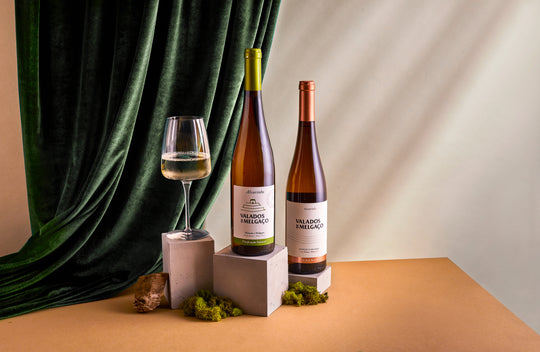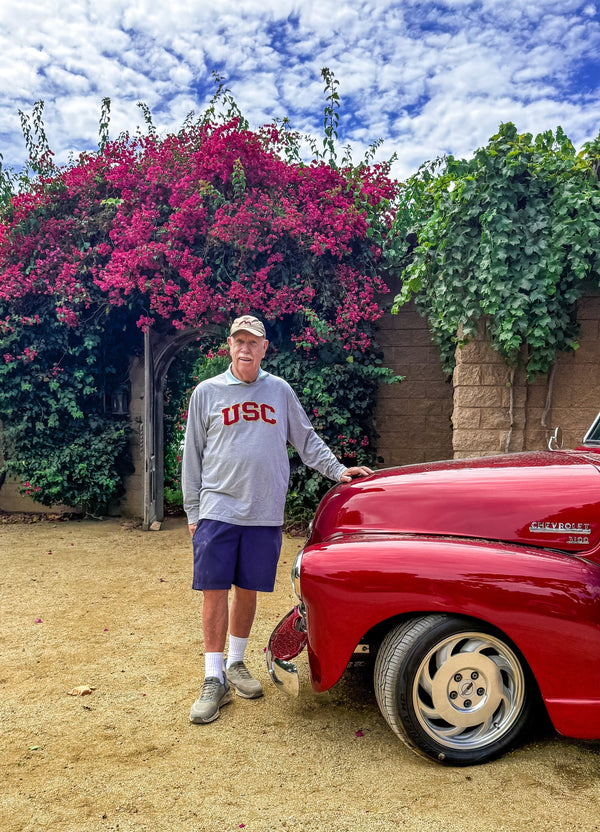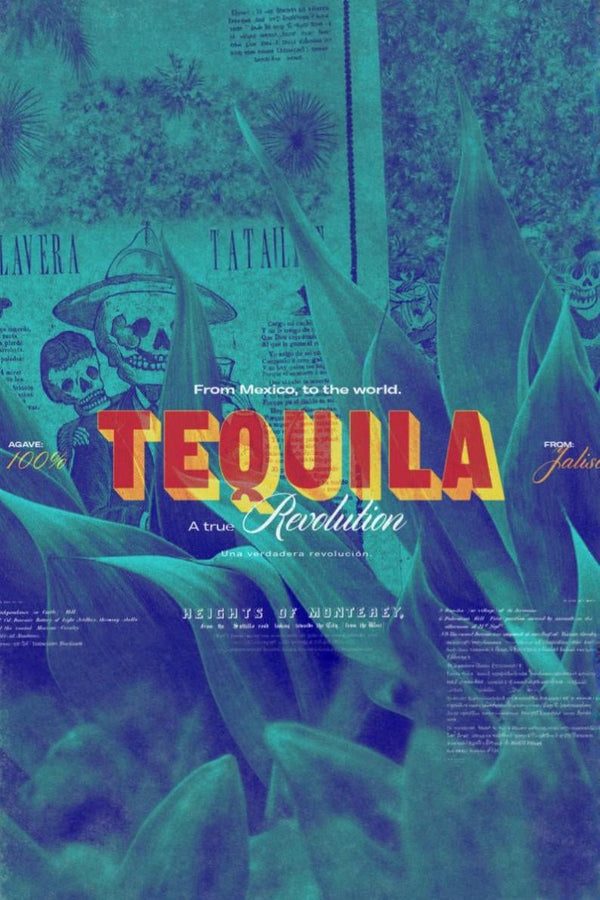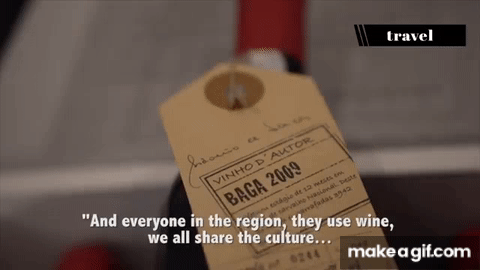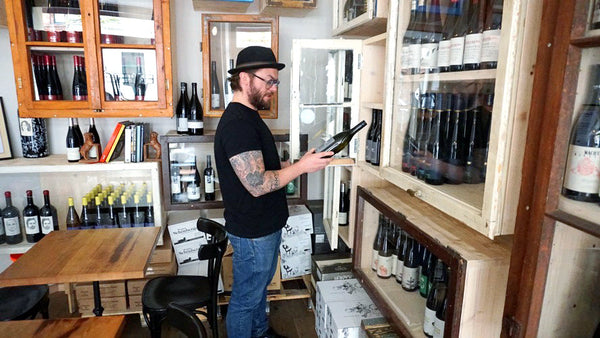Farm to Glass – Biodynamic Winemaker Filipa Pato

Filipa Pato and William Wouters is a magical wife and husband collaboration. Our philosophy is simple: create authentic wines without make-up, they express the true nature of the vineyards from which they come.
September 3 , 2020
I’ve always wanted to meet Filipa Pato and her husband, William Wouters.
She’s a non-traditional winemaker who believes that biodynamic wines taste better and are healthier. She respects the earth and the winemaking process like few others.
William Wouters, a sommelier-chef well known in Belgium for his restaurants, is now also a winemaker with Filipa. The two couldn't make a better pair!
So, when I was invited to learn more about their process, I got there in two shakes of a lamb's tail. Off I drove to Óis do Bairro in Bairrada.
The best way to understand their wines was to visit and experience the biodiversity and aromas firsthand. It’s a unique and wild place—a slice of heaven where rabbits, foxes, wild boars, and all kinds of birds coexist in harmony.
I cannot think of anyone who wouldn’t want their life.
Filipa Pato comes from a winemaking family that has been growing grapes and producing wine in the area since the 1800s. Her father, Luís Pato—whom I was also fortunate to interview—is considered the father of the Baga grape and the man who put the Bairrada region on the world map. If Portugal had to choose an official grape varietal, Baga would be it.
Her sister, Maria João Pato (of Luís Pato Wines), works on the olive business side and also develops fascinating small-scale wine projects for niche consumers.
Like her father, Filipa studied chemical engineering before becoming a winemaker.
Portugal is more famous for the Douro or perhaps Alentejo, but smaller regions like Bairrada are gaining recognition.
They’re not traditional wine producers. Every aspect of the winemaking process is done by hand using time-honored methods.
Vineyards are tended manually. Grapes are hand-harvested early in the morning, then destemmed by hand. They grow Baga, Maria Gomes, Bical, and Cercial.
The grapes are crushed by hand and foot. The wine is left to age in cement vats or amphoras.
Oak barrels are rarely, if ever, used.
No additives are incorporated. Fermentation occurs only with natural, native yeast strains.
Their wines are typically cellared for 4 to 10 years before release.
Filipa says she feels blessed to tend her grape farms. Her Bairrada vineyard spans 16 hectares of pre-phylloxera vines, estimated to be 130 years old.
Bairrada resembles Burgundy with its small plots, multiple owners, and artisanal production. The soil is white clay and limestone, under strong Atlantic influence.
This area is also incredibly rich in Jurassic fossils. You might say the taste is "dyno-mite"—haha.
Their biodynamic farming clearly enhances the land’s biodiversity. You’ll find patches of fennel, oregano, asparagus, lemon, coriander, and wild onions. It's a forager’s dream!
Filipa’s philosophy is "wines without makeup." She intervenes as little as possible in the winemaking process because she believes flavor is crafted in the vineyard.
—
William, being a chef and sommelier, prepared a spring meal that pulled together all these natural flavors into a delicious series of dishes. Their children are full of life, adding to the charm of the experience.
They also have a biodynamic vegetable garden at home for their two sons and for winery guests. I tasted the most delicious pears I’ve ever had.
—
Scattered among the Baga vineyards are ancient olive trees, which they also harvest by hand to avoid damaging the land.
Filipa says it’s like an orchestra—vines and olive trees working together to enrich the soil. The trees protect the vineyard from sun and frost and attract bees in the spring.
Their harvest for sparkling wines typically begins in August, and in September for their red and white still wines.
So how does a small winemaker manage during a global pandemic?
How do they adapt and keep people interested and engaged?
Click here to listen to their interview.
What’s truly magical is how they’ve tapped into the heartbeat of the earth and bottled it. You can feel their passion and zest to deliver the best that grapes can offer.
A bottle of Pato-Wouters on your table is a chance to reconnect with your emotions—and with the pure joy of wine made in perfect harmony.
